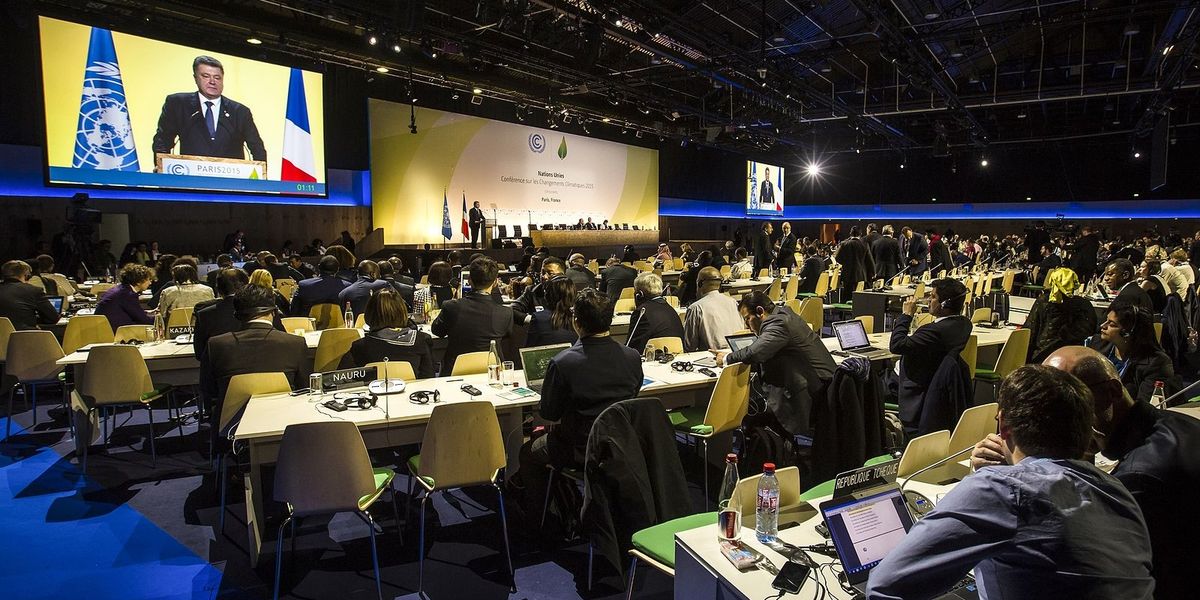U.S. biofuels push would boost aviation emissions and drive deforestation, experts warn
Corn- and soy-based aviation fuels backed by the Trump administration's energy bill would increase carbon emissions and deforestation by omitting critical land-use impacts from climate calculations.
Michael Grunwald reports for Yale Environment 360.
In short:
- President Trump’s “Big Beautiful Bill” aims to expand subsidies for crop-based sustainable aviation fuel (SAF), despite cutting most other clean energy incentives.
- The bill forbids including indirect land-use change (ILUC) in emissions accounting, allowing fuels from corn and soy to qualify as sustainable even though they drive deforestation.
- Though the bill has no Democratic backers overall, the SAF provision has bipartisan support, particularly from lawmakers aligned with U.S. agricultural interests.
Key quote:
“Agriculture has an extremely well-oiled lobbying machine. So even as Congress guts all these things that reduce emissions to save money, they get Congress to spend lots of money to expand the one thing that increases emissions.”
— Dan Lashof, climate scientist and senior fellow at the World Resources Institute
Why this matters:
Growing corn and soy for fuel doesn’t come free. Globally, forests and grasslands are being cleared to make way for new farmland — releasing massive amounts of stored carbon and stripping the planet of vital carbon sinks. This land-use change, often invisible in simplified emissions models, makes many biofuels worse for the climate than the fossil fuels they’re supposed to replace. The U.S. government’s move to ignore these land-use emissions when calculating the climate impact of so-called sustainable aviation fuels effectively writes them out of existence — on paper, if not in the atmosphere. Meanwhile, taxpayer dollars are being funneled into subsidies for fuels that scientists say will accelerate global warming.
Related: Aviation insiders call for flight limits as climate concerns soar













